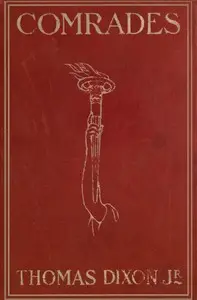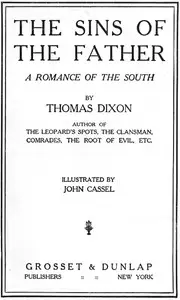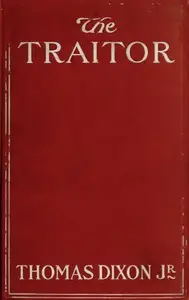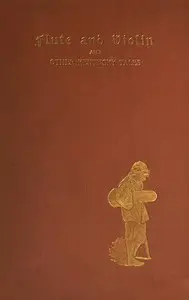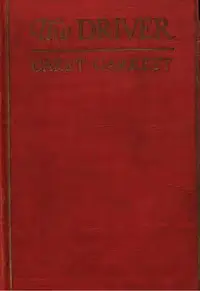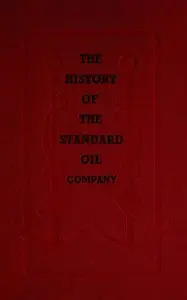"A Man of the People: A Drama of Abraham Lincoln" by Thomas Dixon is a historical drama that presents Abraham Lincoln's journey through the intense period of the Civil War, showing his fight to keep the country together while dealing with the difficult issue of slavery. The story shines a light on Lincoln as he grapples with political forces and his own strong beliefs. The play begins by showing a young Lincoln's deep connection to his family, especially during his mother's illness, revealing the caring qualities that would later shape his leadership. In a touching moment, his mother's final words hint at his future and the heavy responsibilities he will carry as a leader during a time of great crisis. The setup highlights the emotions and personal values that will guide Lincoln as he tackles the nation's problems.

A Man of the People: A Drama of Abraham Lincoln
By Thomas Dixon
Witness an iconic leader's humble beginnings as he rises to face a nation torn apart by war and injustice.
Summary
About the AuthorThomas Frederick Dixon Jr. was an American Baptist minister, politician, lawyer, lecturer, writer, and filmmaker. Dixon wrote two best-selling novels, The Leopard's Spots: A Romance of the White Man's Burden—1865–1900 (1902) and The Clansman: A Historical Romance of the Ku Klux Klan (1905), that romanticized Southern white supremacy, endorsed the Lost Cause of the Confederacy, opposed equal rights for black people, and glorified the Ku Klux Klan as heroic vigilantes. Film director D. W. Griffith adapted The Clansman for the screen in The Birth of a Nation (1915). The film inspired the creators of the 20th-century rebirth of the Klan.
Thomas Frederick Dixon Jr. was an American Baptist minister, politician, lawyer, lecturer, writer, and filmmaker. Dixon wrote two best-selling novels, The Leopard's Spots: A Romance of the White Man's Burden—1865–1900 (1902) and The Clansman: A Historical Romance of the Ku Klux Klan (1905), that romanticized Southern white supremacy, endorsed the Lost Cause of the Confederacy, opposed equal rights for black people, and glorified the Ku Klux Klan as heroic vigilantes. Film director D. W. Griffith adapted The Clansman for the screen in The Birth of a Nation (1915). The film inspired the creators of the 20th-century rebirth of the Klan.









